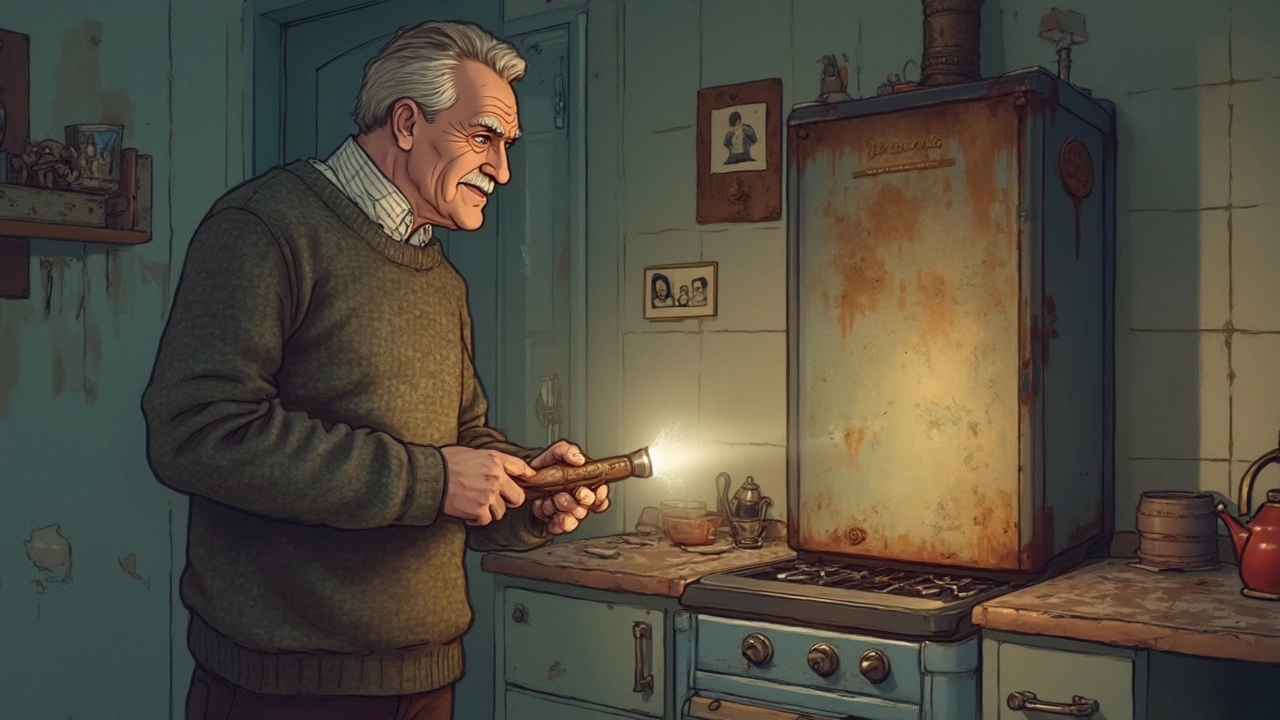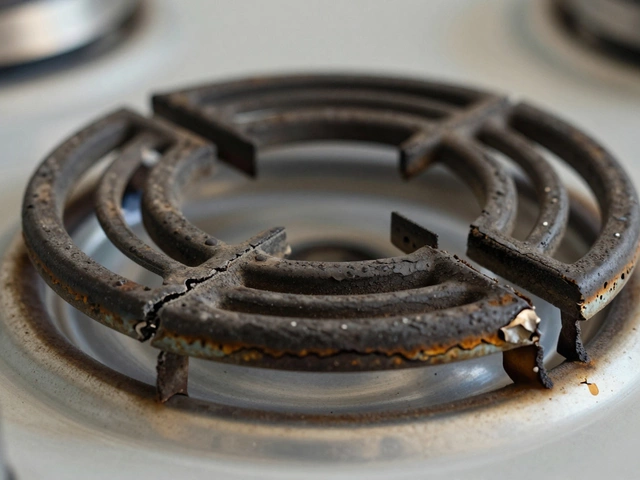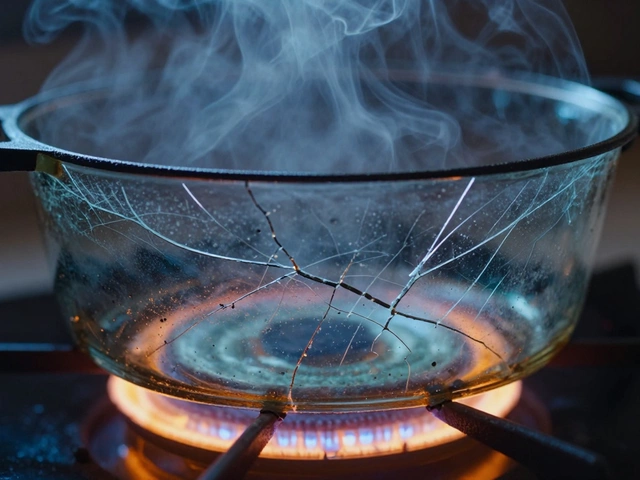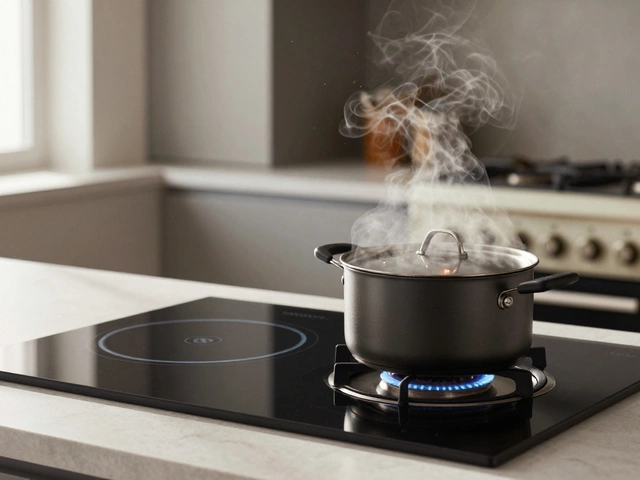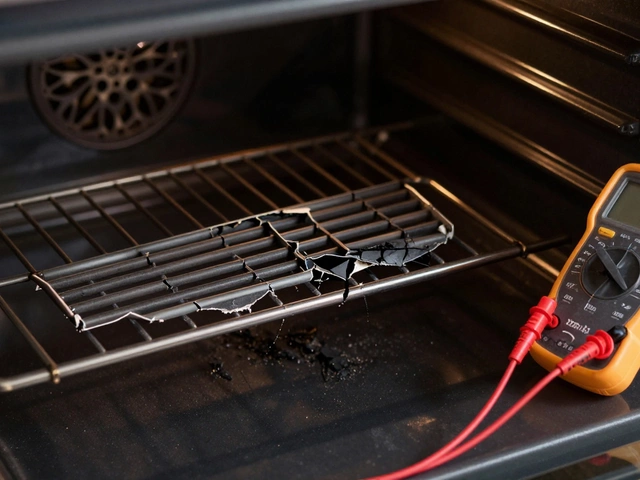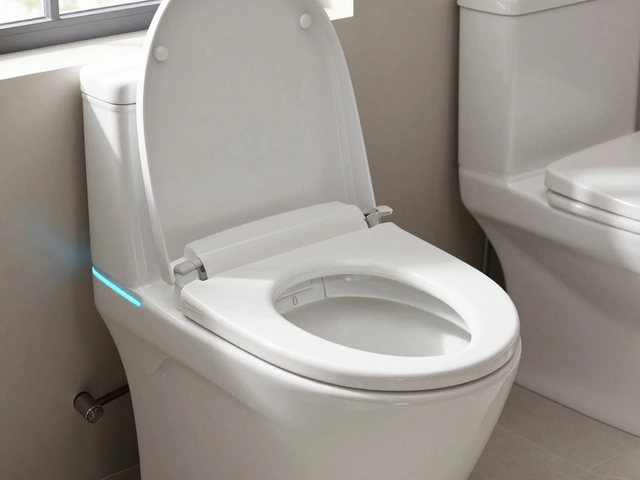Old Boiler Risks: Why You Shouldn't Ignore Them
If your boiler has been humming away for a decade or more, you might think it’s built to last. The truth is, an aging boiler can turn into a safety nightmare and a money‑drainer fast. Below we’ll walk through the biggest threats an old boiler poses, how to spot warning signs, and when calling a pro is the smartest move.
Common Hazards of Aging Boilers
First up, carbon monoxide. This invisible gas is produced when fuel doesn’t burn cleanly – a frequent issue when burners get corroded or heat exchangers develop cracks. A faulty boiler can leak CO into your home, and the symptoms are subtle: headache, nausea, or just feeling “off.” If you ever notice a persistent stale smell or your CO detector beeps, treat it as an emergency.
Next, think about reliability. Old parts wear out, seals dry up, and pressure valves can stick. The result? Sudden loss of heat in the middle of winter or water spilling onto the floor. Those frantic calls to a plumber cost more than a timely replacement would have.
Energy efficiency also takes a hit. Modern boilers run at 90%+ efficiency, while a 15‑year‑old unit might be stuck around 60%. That means higher gas bills and a bigger carbon footprint. Over a few years, the extra cost adds up and often outweighs the price of a new, efficient model.
When to Call the Pros and Replace Your Boiler
So, when is it time to call in a heating engineer? A good rule of thumb is any boiler older than 10‑12 years should get a full inspection. If you spot any of these red flags, book a service ASAP:
- Unusual noises – banging, whistling, or clanking.
- Constantly cycling on and off.
- Leaking water or rust stains around the unit.
- Rising heating bills without a change in usage.
- Failed safety checks during an annual service.
During the inspection, the engineer will check the heat exchanger for cracks, test the pressure relief valve, and scan for CO leaks. If they find major wear, they’ll recommend a replacement.
Choosing a new boiler? Look for a model with a high efficiency rating (A or above) and a warranty of at least 5 years. Modern condensing boilers are compact, quieter, and can be paired with smart thermostats for better control. While the upfront cost is higher, the savings on fuel and the peace of mind are worth it.
Bottom line: Ignoring an old boiler is a gamble you don’t want to take. The risks – from carbon monoxide poisoning to skyrocketing bills – are real and avoidable. Schedule a professional check, listen to the warning signs, and don’t hesitate to upgrade when it makes sense. Your home, wallet, and health will thank you.
22 May 2025
·
0 Comments
A forty-year-old boiler raises big questions about safety, efficiency, and repair costs. This article digs deep into the risks of keeping an old boiler running, signs that it may be unsafe, and why some folks push their luck with ancient heating systems. You'll get practical tips for spotting danger, caring for an old boiler, and figuring out when it's time to upgrade. Whether you're squeezing every penny or just worried about your family's safety, these insights make boiler decisions a lot easier.
Read more

